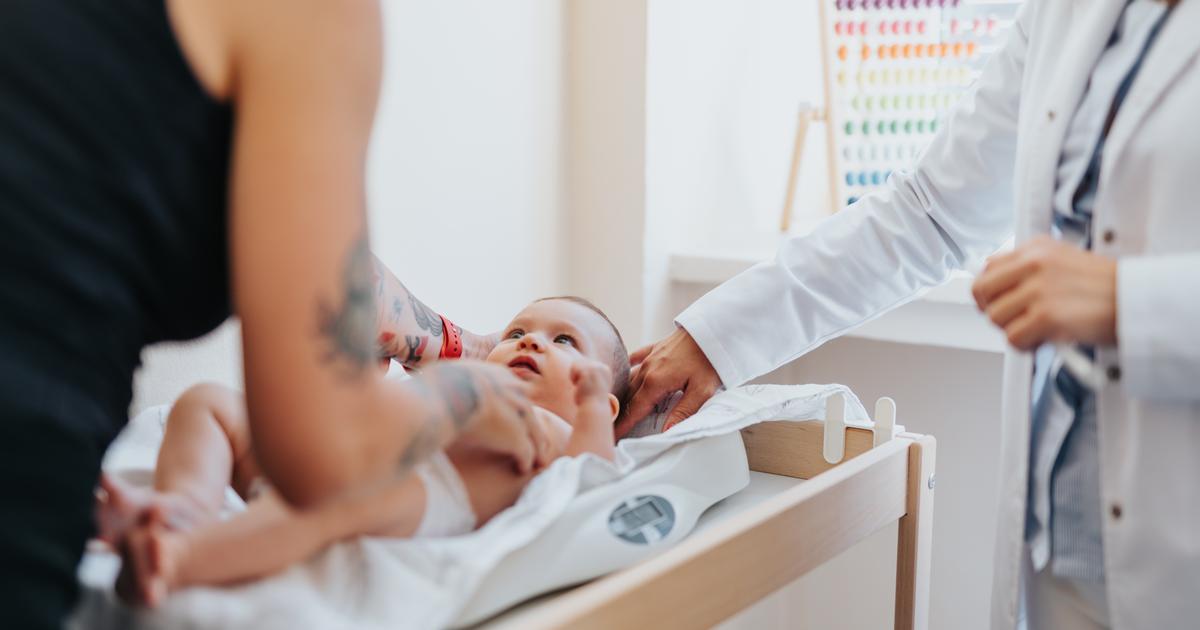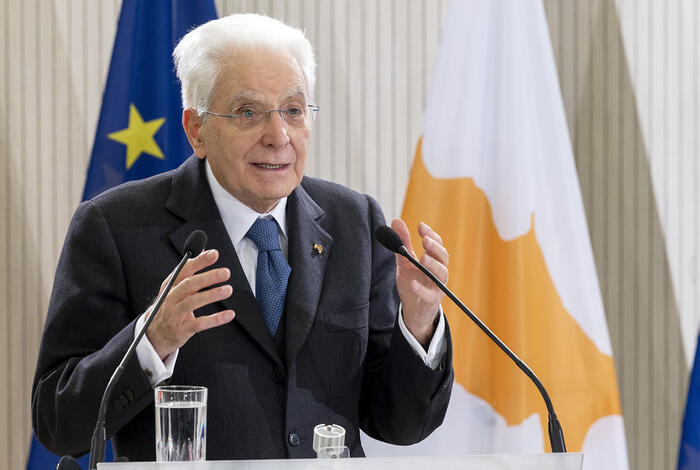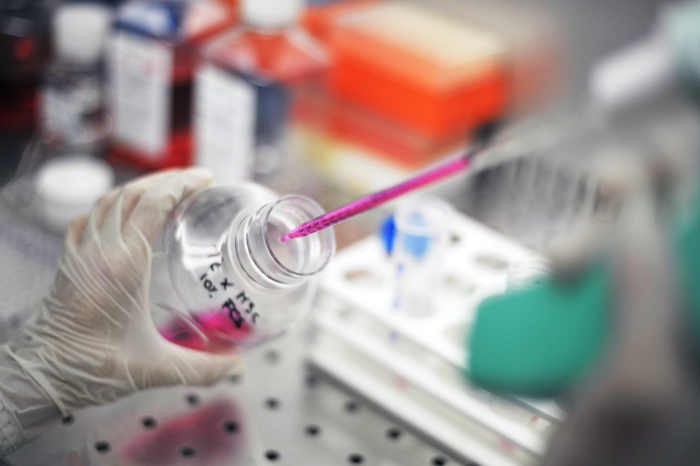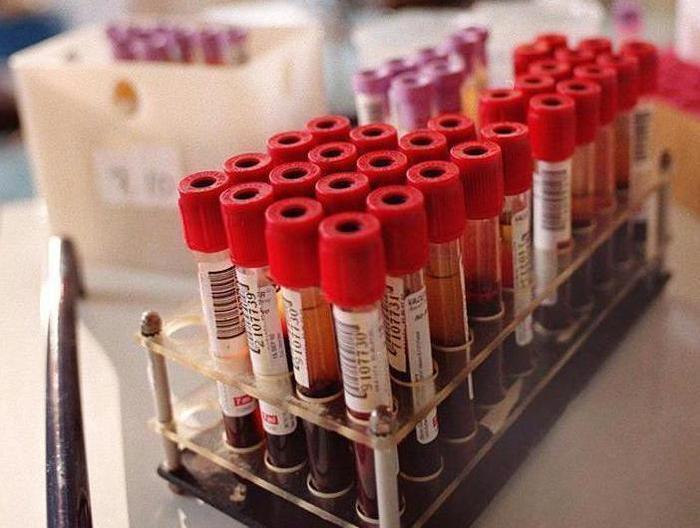When people with rare diseases tell others about their diseases, the reactions often reopen old wounds.
Affected people want less drastic comments and more acceptance.
Philadelphia/Berlin - People with rare diseases want less stigmatization and more acceptance in society.
"Other people often react with an embarrassing silence or speak of a 'terrible' or 'terrible' disease," said Nadine Grossmann from the board of the Loudrare association in the run-up to Rare Disease Day on February 28.
"But we don't want pity," said the Berliner.
The association wants to give those affected a voice and use the #wiedu campaign in various German cities to make it clear that they are human beings just like everyone else.
Many reactions come from ignorance, are thoughtless and not meant badly.
“Yes, it is not easy to live with my illness.
It leads to many mobility restrictions.
But I don't want to be associated with negative terms all the time.
The disease is part of me and I can't just magic it away," says the 31-year-old with the rare genetic defect Fibrodysplasia Ossificans Progressiva (FOP).
Bones form as wounds heal
Just 45 people in Germany are known to have this diagnosis.
Scar tissue does not form during wound healing, but bone.
Even minor injuries can cause joints to suddenly become immobile and the body to slowly stiffen.
"The bones form where they don't belong," says the biochemist from Freie Universität Berlin, who is currently researching her own disease in Philadelphia.
"If someone keeps telling us that the disease is terrible, we have to process it again and again and deal with it," says Großmann.
This can always open up wounds.
"That's the worst for us," she says.
The diseases are not necessarily always terrible.
"We'll deal with that.
You find your way,” says the researcher.
Seeing the rare as normal
“It would help us a lot more if people responded neutrally and showed real interest.
Then you can also enter into an open conversation,” says Großmann.
In her view, more inclusion in daycare centers and schools would also help to see the rare as normal.
In addition to Großmann, the association presents five other people with rare diseases in the campaign.
In Germany, around 8,000 diseases are considered rare, and according to the association, there is no approved therapy for 95 percent.
Around four million patients in Germany are affected by a rare disease.
In the EU, a disease is considered rare if it affects no more than 5 in 10,000 people.
dpa














